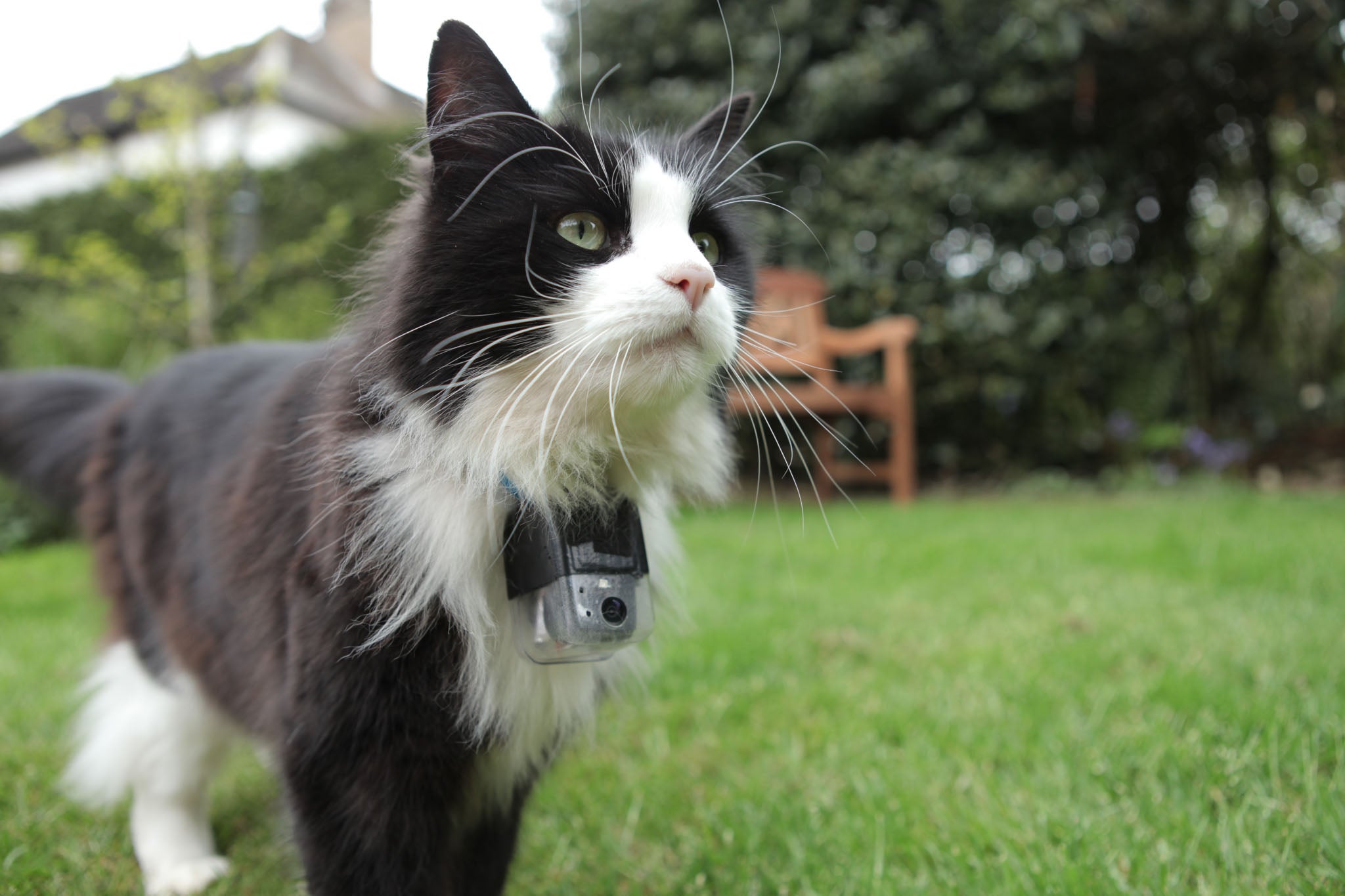TV review: Compare Your Life, Channel 4/ Horizon: The Secret Life of the Cat, BBC2

Your support helps us to tell the story
From reproductive rights to climate change to Big Tech, The Independent is on the ground when the story is developing. Whether it's investigating the financials of Elon Musk's pro-Trump PAC or producing our latest documentary, 'The A Word', which shines a light on the American women fighting for reproductive rights, we know how important it is to parse out the facts from the messaging.
At such a critical moment in US history, we need reporters on the ground. Your donation allows us to keep sending journalists to speak to both sides of the story.
The Independent is trusted by Americans across the entire political spectrum. And unlike many other quality news outlets, we choose not to lock Americans out of our reporting and analysis with paywalls. We believe quality journalism should be available to everyone, paid for by those who can afford it.
Your support makes all the difference.I hadn't heard of the "science of comparison" before last night. As far as I'm aware no Nobel Prizes have been issued in this field and there doesn't appear to be a Centre for the Science of Comparison in Oxford or Leeds or anywhere else for that matter. But I'd certainly heard of it after watching four minutes of Compare Your Life, because the programme's presenter, Carlton Hood, had already used the phrase three times.
It rather sounded as if Carlton wanted to corner the market in this new discipline, and I guess he has a head start as a former CEO of Confused.com, a comparison website. Either that or he was just hoping to give Channel 4's latest daydream franchise a gloss of systematic rigour. Because what A Place in the Sun: Home or Away does for property, this programme does for an entire way of life. Carlton helps those looking to escape from the nine-to-five and become their own bosses to whittle down their options, eventually offering them three new lives to choose from.
Anne Marie and Martin were the first lab rats for the science of comparison, nudged into lifestyle change by Anne Marie’s recent redundancy. Carlton put them through a Priority Analysis Test to find out what really mattered to them, a dubiously scientific process that eventually revealed that Spending More Time with the Kids was at the top of their agenda.
Disposable Income came next with Good Schools and Dream Job after that. Staying Close to Family, which had featured very high in Anne Marie’s list, didn’t make the final cut at all, prompting the thought that Getting Further Away from Anne Marie’s Mum may have been one of Martin’s unconfessed priorities. But whether this process had a point anyway was moot, since the future the couple eventually opted for seemed certain to ensure that they would be Spending Less Time with the Kids.
The point of the thing is that you get to place all-or-nothing bets with someone else’s money. Should they go for the Italian restaurant business in Salcombe, with a flat above the shop, for £132,000? Or should they up sticks to live in the Peak District, where Martin could serve coffee and cakes in a local gift shop while Anne Marie sold pointless knickknacks?
In the end, despite Martin’s evident yearning to head south for a bit of sea air, they settled for a mothballed craft centre in Nottingham, just two miles down the road from Anne Marie’s mum, a business that didn’t actually exist at all at present. “You’re looking at a 90-hour week,” said Carlton, apparently unembarrassed by the fact that the most important life desire identified by his Priority Analysis Test had effectively been tossed aside in all the excitement. I wish them well, honestly, but I can’t help fearing that their next lifestyle change will have to be achieved on a considerably lower budget.
This week’s Horizon also featured a branch of knowledge that has not yet preoccupied the Nobel Committee. The Secret Life of the Cat featured John Bradshaw and Sarah Ellis – “Britain’s leading cat scientists” – who were helping mount a surveillance project in a Surrey village. Fifty cats were fitted with military-grade GPS trackers, and the more interesting of them were upgraded to cat-cams, in an endeavour to find out what happened once they’d gone through the cat-flap. Apparently, it’s “every owner’s dream” to find this out. It isn’t mine, even though I like my cat, so the fact that I found this programme low on revelation and charm may say more about me than about it.
Anyway, those shock research findings in full: Cats fight in back gardens. They walk along fences. They try and catch birds and mice. And just occasionally they sneak into one another’s houses and burglarise catty leftovers. Who knew?
Join our commenting forum
Join thought-provoking conversations, follow other Independent readers and see their replies
Comments